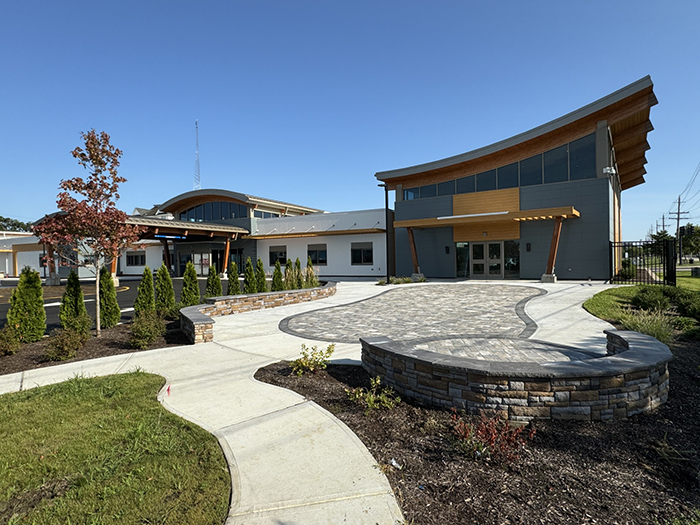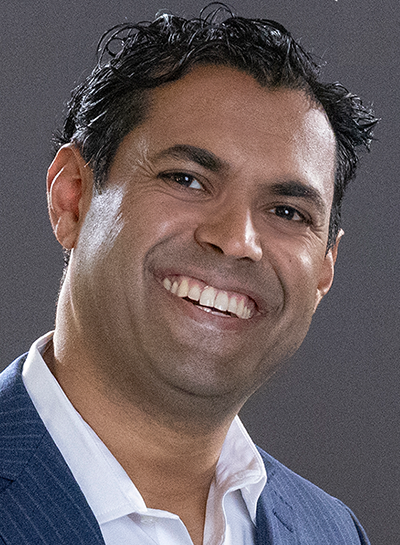
The Big Reveal Of The Long Branch Senior Center
August 8, 2024Family Addiction Network August Meeting
August 12, 2024By Margie Donlon and Luanne Peterpaul

Luanne Peterpaul & Margie Donlon
More people in New Jersey, and in Monmouth County, face food insecurity today than during the COVID-19 pandemic.
Today’s level of food insecurity is different than during the pandemic, when record levels of people were out of work and supply chain problems resulted in diminished food supply and higher prices.
 Unemployment has almost returned to pre-pandemic levels. The supply chain problems have largely been fixed. Yet, Fulfill, the Neptune-based food bank that distributes food to local food banks and soup kitchens in Monmouth and Ocean counties, reports food insecurity continues to grow. The number of people considered food insecure grew by 25 percent – from 97,540 people in 2019 to 121,500 people in 2022. In 2022, Fulfill’s network of food pantries and soup kitchens in Monmouth and Ocean County saw an average of about 54,000 monthly visitors. The number of patrons relying on local food banks has almost doubled to 103,000 people in 2024. Statewide, 994,800 people are facing hunger, 263,260 of them children, according to Feeding America. That’s one-in-nine New Jersey residents and one-in-eight children.
Unemployment has almost returned to pre-pandemic levels. The supply chain problems have largely been fixed. Yet, Fulfill, the Neptune-based food bank that distributes food to local food banks and soup kitchens in Monmouth and Ocean counties, reports food insecurity continues to grow. The number of people considered food insecure grew by 25 percent – from 97,540 people in 2019 to 121,500 people in 2022. In 2022, Fulfill’s network of food pantries and soup kitchens in Monmouth and Ocean County saw an average of about 54,000 monthly visitors. The number of patrons relying on local food banks has almost doubled to 103,000 people in 2024. Statewide, 994,800 people are facing hunger, 263,260 of them children, according to Feeding America. That’s one-in-nine New Jersey residents and one-in-eight children.
The current state of food insecurity stems from a number of developments not related directly to the pandemic. While far more people are working than during the pandemic and the rate of inflation has fallen, prices for many foods remain high, and wages have not grown at the same rate as costs. Rents also have increased substantially since the pandemic.
 At the same time, much of the federal aid made available during the pandemic is gone now. Federal food stamp programs such as SNAP accept applicants that are making 185 percent or less of the federal poverty line, which, in the current economy, has left a gap between people who qualify for food stamps and people who have enough money to cover their living costs.
At the same time, much of the federal aid made available during the pandemic is gone now. Federal food stamp programs such as SNAP accept applicants that are making 185 percent or less of the federal poverty line, which, in the current economy, has left a gap between people who qualify for food stamps and people who have enough money to cover their living costs.
We succeeded through bipartisan negotiations in including funds for local nonprofits that help fight food insecurity in the recently passed FY2025 state budget.
Locally, we secured money for Interfaith Neighbors, $100,000; Meal at Noon in Long Branch, $50,000; United Way of Monmouth and Ocean Counties, $100,000; Soup Kitchen 411, $100,000; Fulfill Food Bank, $100,000, and Meals on Wheels, $13,000.
These nonprofit organizations are innovators in working with government agencies and maximizing the use of volunteers to address the challenges of marginalized people such as those having difficulty putting food on the table.
We want to urge residents to support nonprofits in addressing food insecurity however they can, by donating money, food, or time as volunteers to our local food banks and soup kitchens. In addition to ensuring fewer children go to bed hungry, you will be making Monmouth County a fairer, more affordable and more equitable place for all residents.




